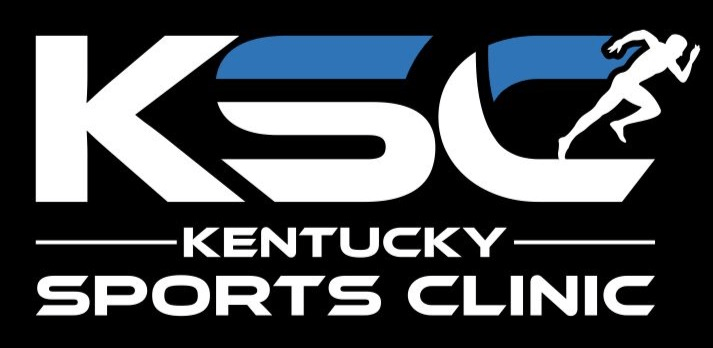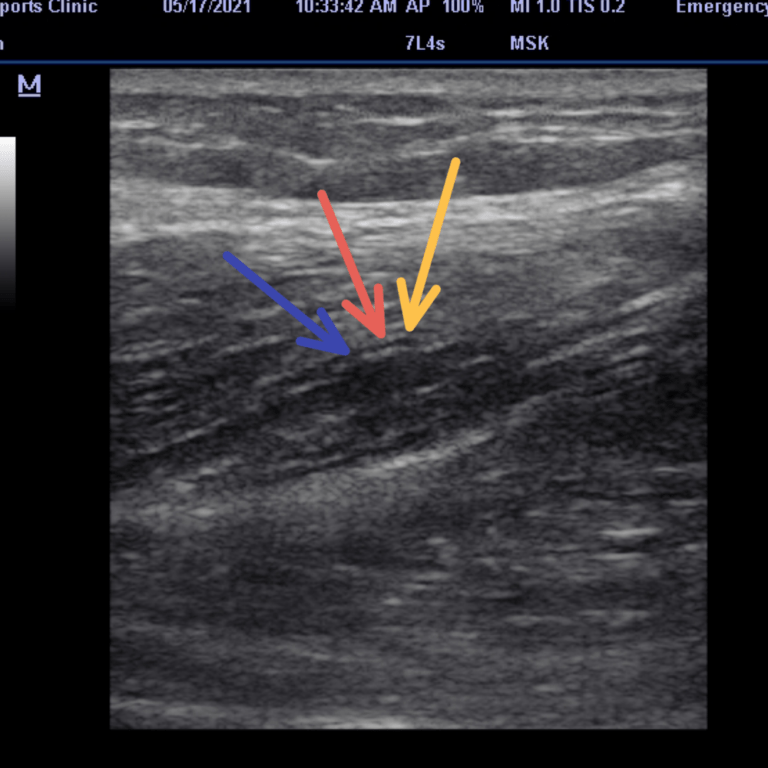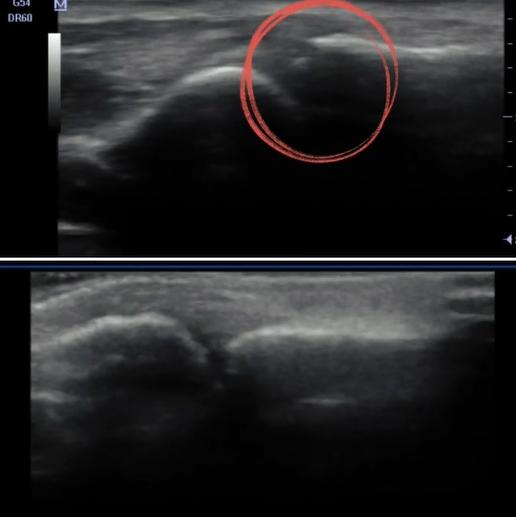Ugh, the dreaded stress fracture. Chances are you’ve either had one, or have been worried that you’ve had one at some point. A stress fracture is basically a small “crack” in a bone that oftentimes comes from overtraining. 80% of stress fractures occur in the lower extremities. They usually pop up with no warning, and require a non-negotiable 4-6 weeks of rest and heavily modified activity. But outside of the recovery time, they can be tricky from a diagnostic standpoint because they often act very similar to other overuse injuries and very rarely show up on x-ray until they’re already well into the healing stage. The “gold standard” of diagnosing a stress fracture or reaction has historically been to use MRI or a bone scan. Unfortunately these diagnostic tests can be very difficult to get ordered by a doctor, approved by insurance, and are very expensive ($400-$1500).
A big part of my job is to work with athletes who have suspected stress fractures and decide the best course of action to take in getting better as soon as possible. Do we spend the big bucks on the MRI or bone scan? Do we just go ahead and shut it down for 6 weeks? Do we keep training and see how it feels, hoping it may just be tendinopathy?
Well, this past week we had a breakthrough to help better answer these questions. Using musculoskeletal (MSK) ultrasound, we were able to pick up a stress fracture in an athlete’s distal fibula. Check it out below:

Notice the small break in the bone cortex (white line) that clearly shows disruption in normal anatomy. While I absolutely hate giving someone this news (even though she’ll heal and be back faster/stronger than ever!), this is so exciting for me as a clinician to evaluate this type of injury without a time consuming and potentially extremely expensive referral out of the office.
As far as treatment goes, this athlete will cross-train in the pool and on the bike while the bone heals. Then we’ll do gait analysis when she can run again to evaluate her biomechanics and figure out what caused the injury.
Dr. Kyle Bowling is a sports chiropractor based in Louisville, Ky. His practice is one of few sports injury clinics in Louisville to offer musculoskeletal (MSK) ultrasound. Reach out anytime with questions!






